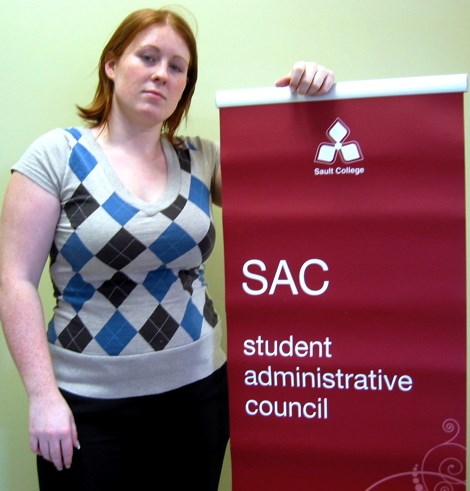By this time next week, Sault College students might finally be able to shed all concerns about a potential strike by their teachers.
On or about February 24, the Ontario Labour Relations Board is expected to authorize the final results of what’s turned out to be a prolonged vote by academic staff at Ontario’s 24 publicly funded colleges.
On February 10, slightly over 51 percent of 8,528 faculty voting on a “final” contract offer from management opted for the deal.
After polls had closed, the unofficial results showed that only 210 votes separated acceptance and rejection of the proposed deal.
That meant the final outcome - with a possible strike in the balance - might change after the tallying of segregated and mail-in ballots (potentially numbering more than 500) not yet processed.
Consequently, students have been left in limbo pending final results sanctioned by the OLRB.
“Students were really hoping to finally have an answer (on February 10) as to whether or not we’ll have our classes disrupted,” said Amanda Holmberg (shown), a member of Sault College’s Student Administrative Council executive. “As it stands, we won’t know until next week whether we’ll be able to continue our classes.”
In the meantime, local student leaders have been reinforcing a theme launched by the College Student Alliance - a provincial advocacy organization - just before the February 10 vote.
Said Holmberg: "Sault College and the CSA will continue to support our students by bringing together all parties through our bracelet campaign which states: ‘Strong Academics + Strong Colleges = Strong(er) Students.’ This will ensure our message is about unity, not dividing students and faculty.”
Strained union-management relations aren’t new to Ontario’s college system.
A faculty strike in 2006 lasted nearly three weeks.
And only a last-minute deal prevented a walkout two years earlier.
Perhaps ironically, current difficulties follow significant efforts to improve labour relations in the college sector.
In 2008, the Minister of Training, Colleges and Universities, John Molloy, made a statement in the legislature as he introduced changes to the Colleges Collective Bargaining Act.
Molloy said, in part: “It [the legislation] would, our government believes, lead to a strengthened and more stable college system, better able to focus on the needs of students.”
